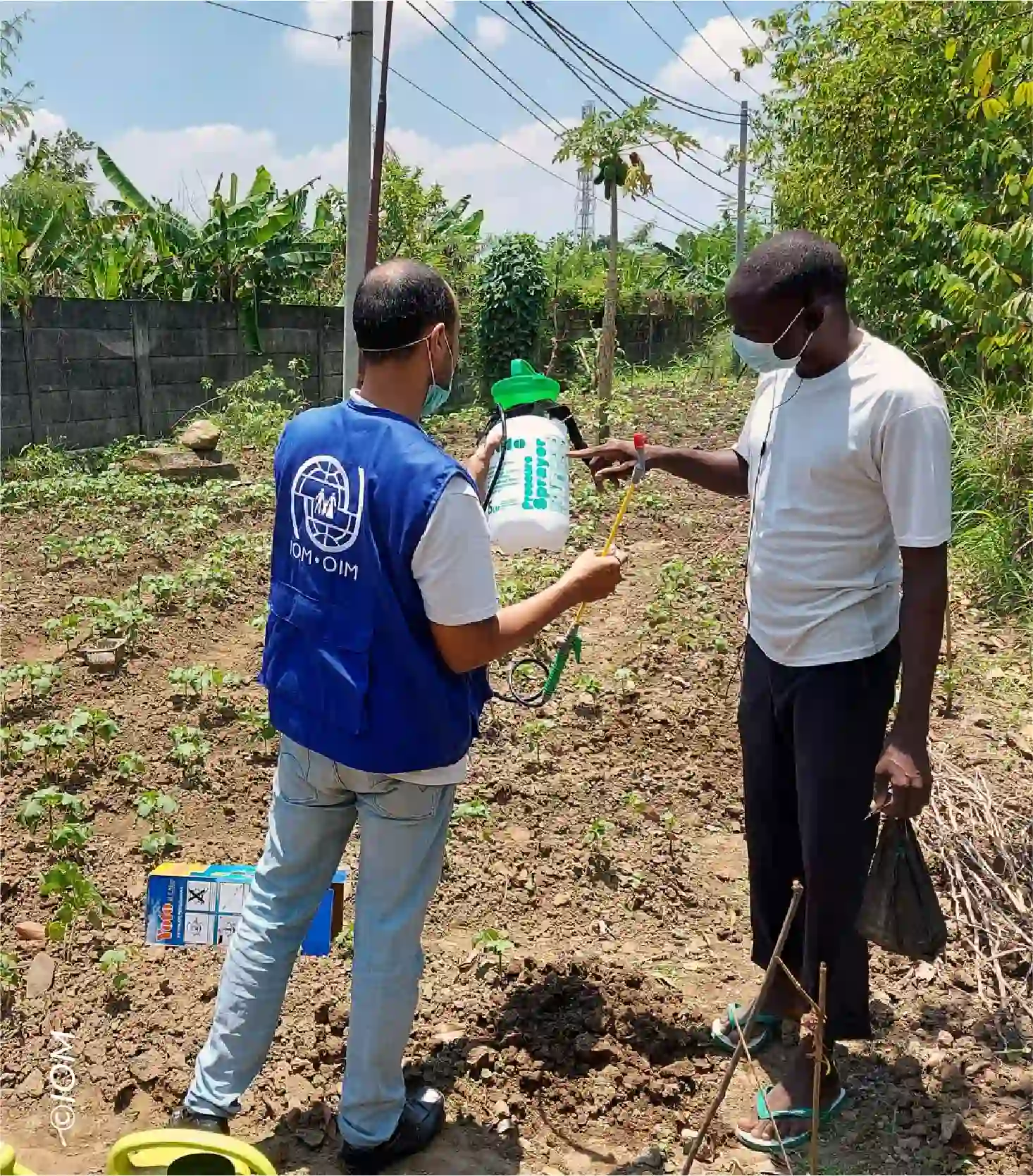United Nations In Indonesia
Country Results Report 2021
Advancing Human Rights, Improving Access to Justice, and Enhancing Gender Equality


 Rule of law is under threat around the world. For the fourth consecutive year, the World Justice Project found that in 2021 more countries saw a decline than saw an improvement in rule of law, with Indonesia among countries that saw a decline.
Rule of law is under threat around the world. For the fourth consecutive year, the World Justice Project found that in 2021 more countries saw a decline than saw an improvement in rule of law, with Indonesia among countries that saw a decline.
Since 2017, the UN has worked closely with the Wahid Foundation to empower women to build peaceful and resilient communities and support a gender-responsive approach to conflict prevention through its Peace Villages project. Some 17 villages, covering a population of about 100,000 people, declared themselves ‘Peace Villages’ between 2017 to 2021, meaning that village stakeholders have committed to achieving nine indicators of a peaceful village with women’s participation and leadership. In 2021, more than 100 Peace Village residents joined training programs—since converted to e-learning tools—that focus on preventing violent extremism, implementing gender equality, and increasing access to justice. The UN and the Wahid Foundation also selected 80 community leaders in Peace Villages to participate in a series of training courses on women’s rights.
The UN also developed two new policy guidelines: the first focuses on formal and informal protection mechanisms for women and children; the second on the monitoring of access to justice. By year’s end, local governments in 10 Peace Villages had adopted these guidelines. The UN also provided technical assistance to the Government to enhance the policy framework for the protection of children in all settings, with a focus on advancing critical public goods. This included collecting data for a forthcoming roadmap on strengthening Indonesia’s Juvenile Justice System, in partnership with the Centre for Child Well-Being and Protection.
In 2021, the UN continued to support the improvement of the SP4N-LAPOR digital application, a one-stop national complaint handling management system designed to promote inclusion, prevent discrimination, and improve public service delivery. Some 75.7% of people, including people with disabilities, said they were satisfied with the system in response to a 2021 customer satisfaction survey, a 3.7% increase on the 2020 satisfaction rate of 72%.
A lack of access to justice can be a factor in refugees and asylum seekers fleeing their home countries, but refugees can also be underserved by justice systems in host nations. The UN conducts advocacy and interventions to ensure that the protection of refugees in Indonesia is in line with international human rights standards and consistent with the domestic legal framework on refugees. With UN support, South Sulawesi Province, Bogor District, and South Tangerang City established local task forces to monitor refugee justice in 2021.
Meanwhile, the UN is collaborating with civil society organizations to reduce stigma and discrimination through strengthening the national legal framework for the protection of people living with HIV (PLHIV) and Key Populations. In 2021, the UN arranged policy dialogues on comprehensive anti-discrimination legislation with Indonesia’s House of Representatives and 44 community based and civil society organizations. These contributed to a conceptual legislative framework on comprehensive anti-discrimination legislation, which was presented to the Ministry of Law and Human Rights. The UN also engaged 17 civil society organisations and two members of parliament to advocate for the removal of provisions impeding HIV response in the Penal Code Bill, such as restrictions on the promotion and distribution of contraceptives by non-authorized officers, and the over-criminalization of people who use drugs that can reduce access to treatment. The UN also worked to strengthen accountability mechanisms on HIV-related discrimination through the provision of technical assistance for the National Commission on Human Rights, including arranging consultations with civil society organizations, PLHIV, and organizations for Key Populations. This advice included identifying priority issues and recommendations for the strengthening of promotions of the rights of PLHIV and Key Populations and improving legislative responses on HIV-related discrimination.